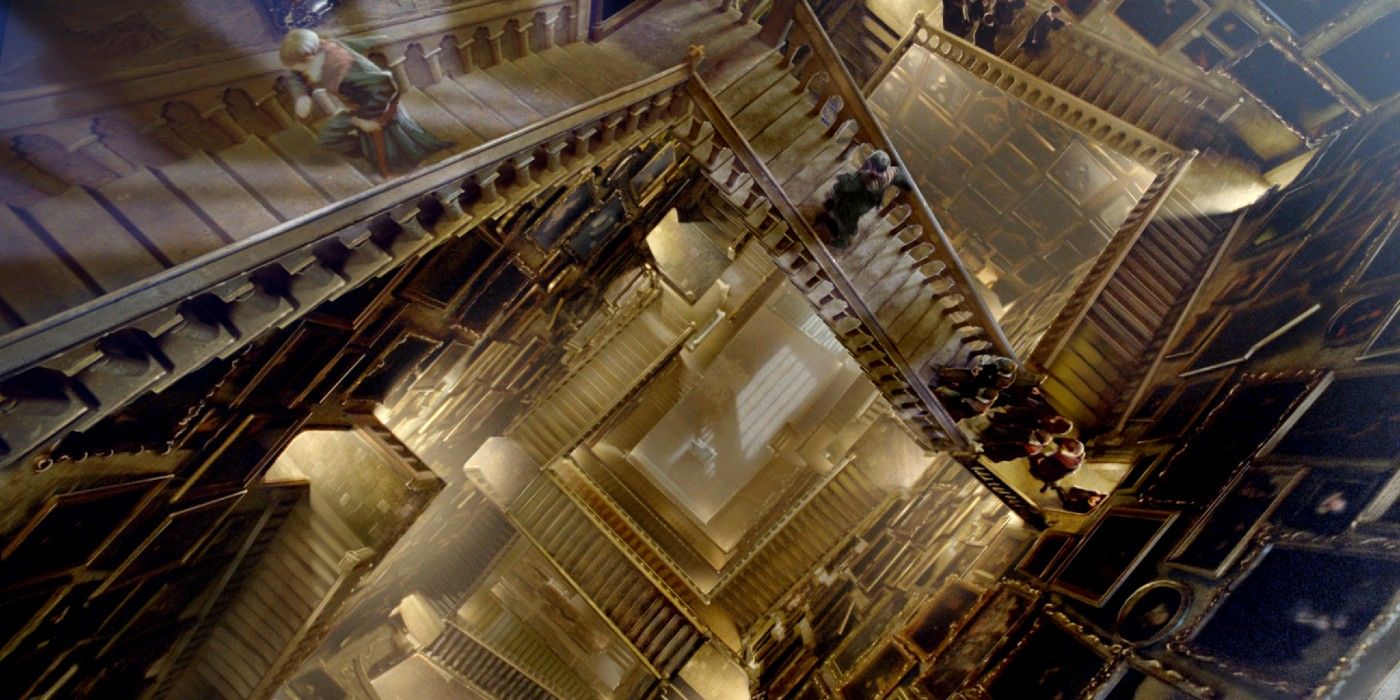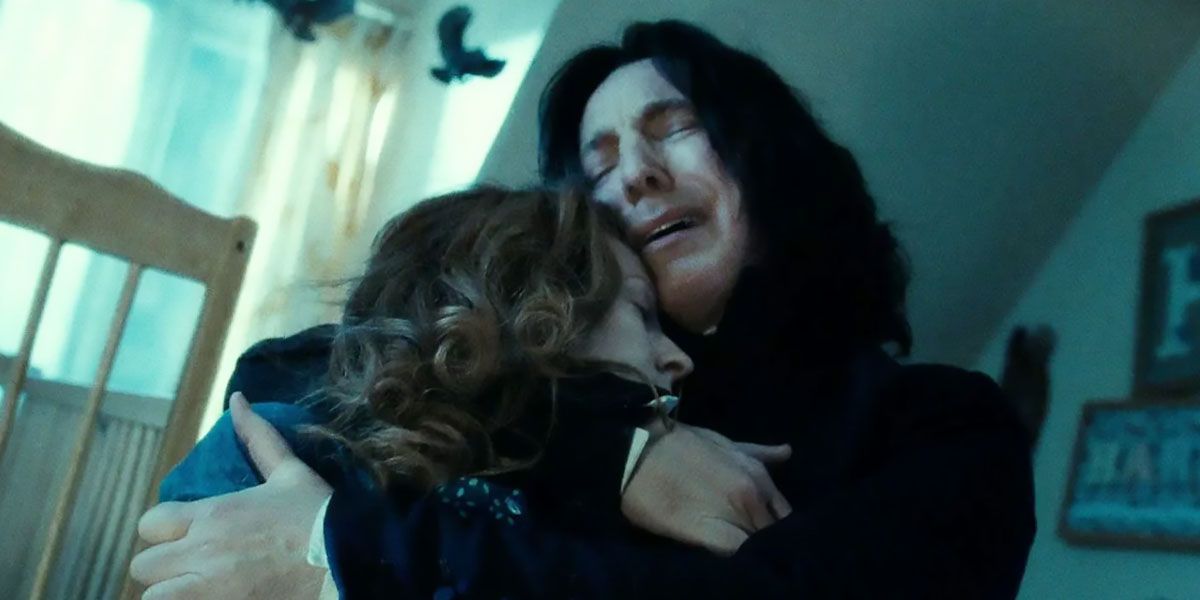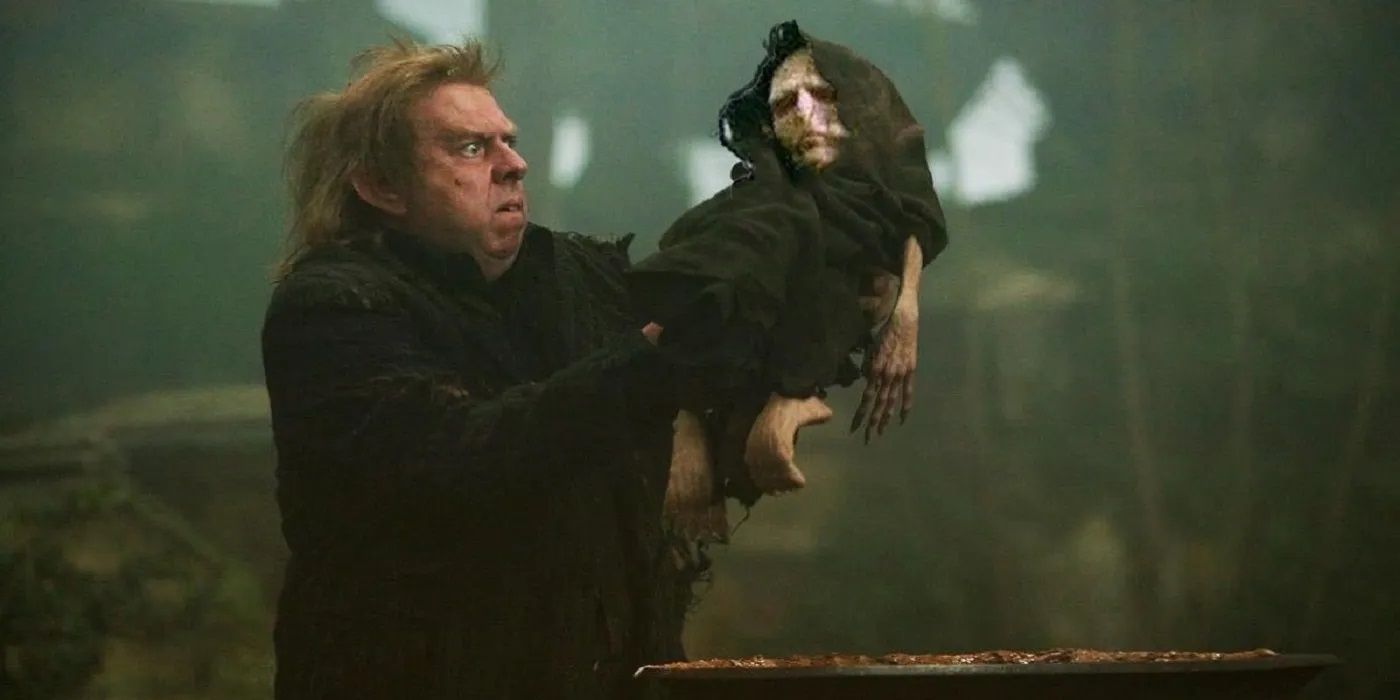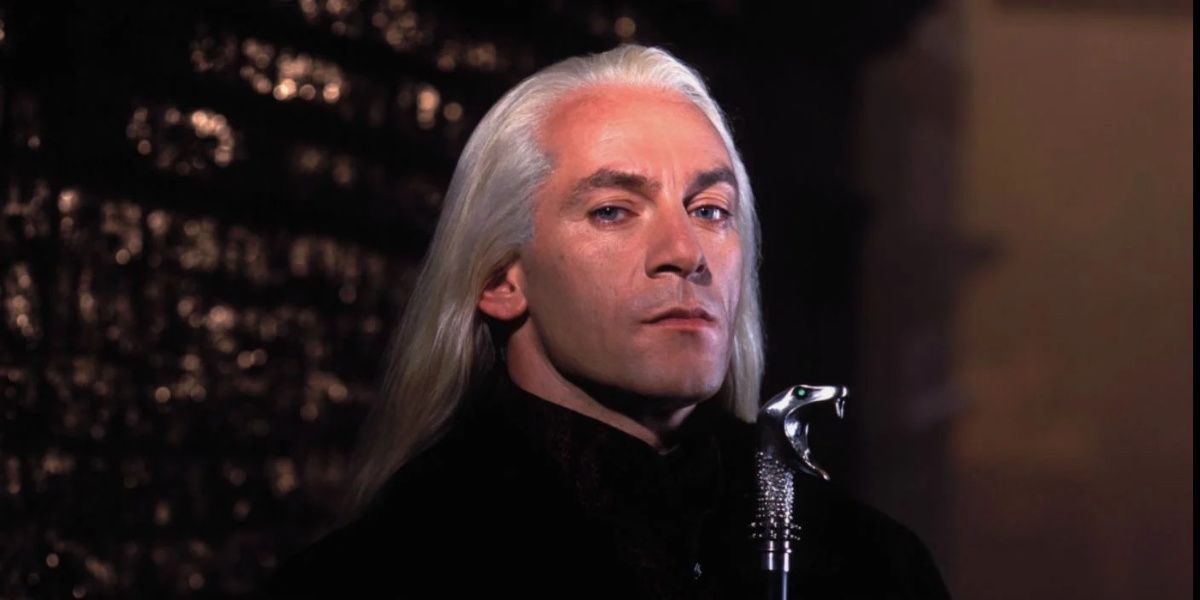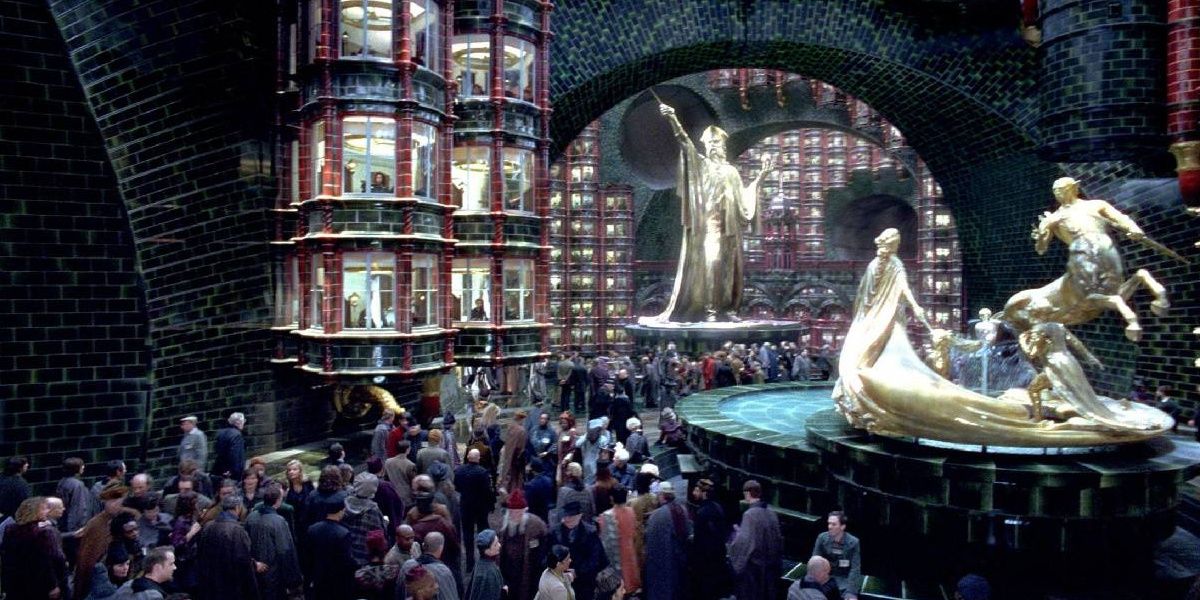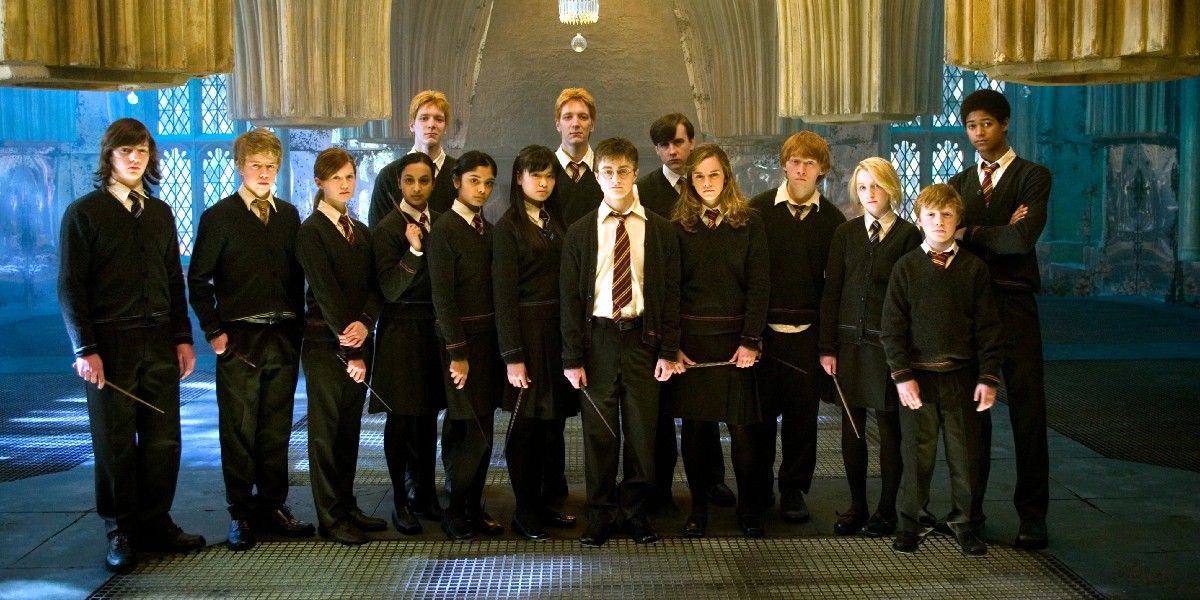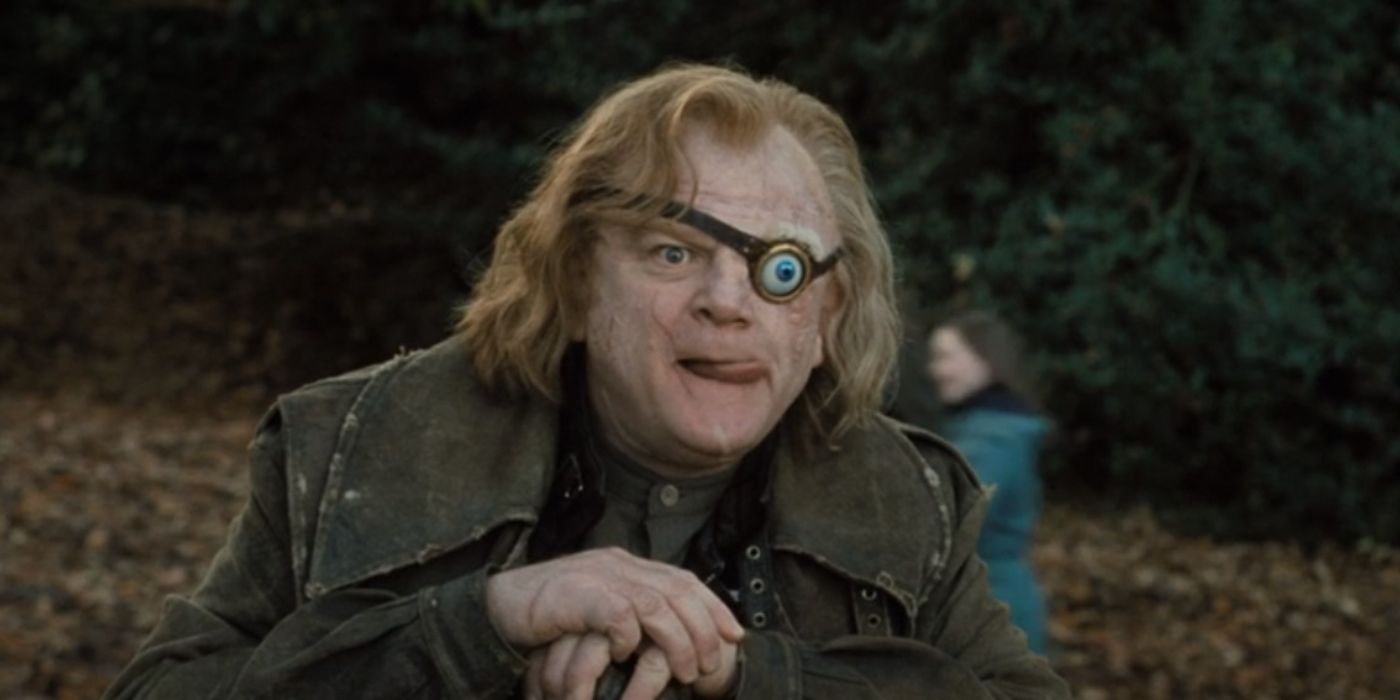Fantastic Beasts has breathed new life into the Harry Potter franchise, which is arguably one of the most popular fantasy series in recent memory. Both the novels and their respective movie adaptations turned out to be a gold mine that earned billions of dollars over the last two decades. That said, fans have reflected on the various tropes and clichés in Harry Potter.
In an op-ed for The New York Times, Booker Prize-winning novelist A.S. Byatt wrote that the Potterverse was "made up of intelligently patchworked derivative motifs" borrowed from seminal works of literature and cinema. While this assertion isn't entirely inaccurate, Harry Potter often uses tropes and clichés to great effect.
10 Foreshadowing Plays An Important Role
Foreshadowing is one of the most common tropes in literature and cinema. The story drops a few carefully placed hints to create a sense of excitement and anticipation, which inevitably improves the flavor of the final reveal. Harry Potter employs multiple instances of foreshadowing across the narrative.
On Harry's first visit to Ollivander's shop in Diagon Alley, the latter informs Harry that "the wand chooses the wizard," a mysterious line that makes complete sense during Harry's final duel with Voldemort. The Golden Trio later discovers Slytherin's Locket while cleaning Sirius' townhouse in The Order of the Phoenix, but fails to recognize it as a Horcrux until The Half-Blood Prince.
9 Cats, Toads, And Owls Are Classic Witchcraft Tropes
Witchcraft, particularly of the Medieval European ilk, shares a centuries-long association with domestic cats. This alleged connection was once used to identify "witches," who were either drowned or burned at the stake. Although the witches in Harry Potter are revered not censured, many of them still have feline companions.
Hermione brings Crookshanks to Hogwarts, Umbridge adorns her office with cat-themed imagery, and Minerva McGonagall's Animagus is a cat. Other witchy real-world animals in Harry Potter include toads, owls, newts, and salamanders.
8 Harry's Achey Scar Is A Common Trope
The achey wound trope probably originated in J.R.R. Tolkien's The Lord of the Rings. The Witch-King of Angmar stabs Frodo in the shoulder with a Morgul-knife, an encounter he never truly recovers from. Frodo's injury burns whenever the Nazgûl are nearby, almost as if the cursed blade was still inside his body.
Similarly, Harry's lightning bolt scar "acts as an alarm bell" that allows him to vicariously experience Voldemort's emotional state. Harry's scar is a hugely recognizable part of the character and the franchise. A notable example of this trope is Spider-Man's historic Spider-Sense, although this version doesn't rely on a scar.
7 Hogwarts Is Filled With Death Traps And OSHA Violations
The Occupational Safety and Health Act "assures safe and healthy working conditions [...] by setting and enforcing standards". Hogwarts may not be a real place, but it would have never survived an OSHA inspection.
There are way too many bizarre elements that can injure or kill unwary pupils, such as randomly shifting staircases, bloodthirsty library books, hazardous laboratory conditions, and hostile magizoological specimens. At least the students are banned from entering the Forbidden Forest without a chaperone. In any case, danger has always been a part of Harry Potter's charm. Hogwarts is a beloved and iconic part of the franchise, so fans love this use of the Wizarding school trope.
6 Snape's Tragic Heroism Is Both Heartwarming And Heartbreaking
Tragic heroes are a dime a dozen, from Shakespeare's Othello to Lelouch vi Britannia in Code Geass. Severus Snape is the most prominent and beloved example of this trope in Harry Potter. Despite his macabre tendencies, he abandons Voldemort when the latter murders Lily Potter, the love of his life.
Snape spends the next two decades working undercover for Albus Dumbledore, redoubling his efforts following the Dark Lord's return. Snape risks his life on countless occasions to avenge Lily's death. Draco Malfoy can also be considered a tragic hero, akin to Anakin Skywalker and Prince Zuko.
5 The Story Gets Progressively Darker Over Time
The atmosphere in the first three Harry Potter movies is relatively buoyant. It's a celebration of youth, innocence, and magic. The Goblet of Fire also begins on a pleasant note, with the Triwizard Tournament fostering a spirit of interschool camaraderie.
Cedric's death, however, proved that Harry was no longer a child by forcing him to tackle the responsibilities of adulthood at the young age of 14. This enforced evolution trope can be observed in characters like Game of Thrones' Arya Stark and Guts in Berserk. Voldemort's resurrection casts a gloomy pall over the Wizarding World, which continues to worsen until Harry fulfills his prophecy. As fans were growing up alongside the characters, it made sense that the movies got darker at this stage.
4 Privilege Almost Always Leads To Arrogance
Wealth doesn't automatically make someone a bad person. However, the Death Eater Lucius Malfoy exerts his privilege all over Hogwarts, silencing detractors while rewarding his groupies. This trope helped to further fans' hatred for the Malfoys.
In fact, most pureblooded families treat the Wizarding World like their own personal playground. This trope is a reflection of real-life class dynamics and social hierarchy, explaining why audiences relate to it. Several Harry Potter characters consistently subvert this cliché, including James, Sirius, Lily, and the protagonist himself.
3 A Bureaucratic Institution Is Corrupted From Within
Bureaucratic institutions are regularly subjected to corruption, in fiction as well as in the real world. In Fullmetal Alchemist: Brotherhood, Father manipulates the Amestris government from behind the shadows. Sheev Palpatine seizes control of the Galatic Senate in Star Wars and pompously declares himself Emperor.
Similarly, Lord Voldemort spreads his malevolent tendrils throughout the Ministry of Magic, effectively removing all the political obstacles in his path. This trope highlights the Dark Lord's flair for secrecy without actually putting him on the front lines.
2 Children Are More Mature Than Adults
Harry Potter was created for a young audience, so it's no surprise that child characters are smarter and more mature than their adult counterparts. These intrepid kids usually solve their own problems without any assistance from their parents or professors.
Upon Dumbledore's untimely death, the Golden Trio has no choice but to forage for Lord Voldemort's Horcruxes by themselves. Fans enjoyed following them on their journey to identify, discover, and destroy three Horcruxes, which they did in a single year. This is a feat that even Dumbledore failed to accomplish. Another famous example of this trope is the Scooby Gang in Buffy the Vampire Slayer.
1 All The Catchphrases In Harry Potter
Catchphrases can make or break a story. Some of them go on to become legendary memes, like Boromir's "One does not simply walk into Mordor," while others are justifiably banished from pop-cultural memory. Thankfully, the vast majority of Harry Potter catchphrases are as catchy as they're iconic.
In fact, many characters are defined by their respective catchphrases, such as Ron's "Bl**dy hell!," Hermione's "I read about it in Hogwarts: A History," and Draco's "My father will hear about this!" Fans loved these iconic quotes, no matter how many times they are repeated.

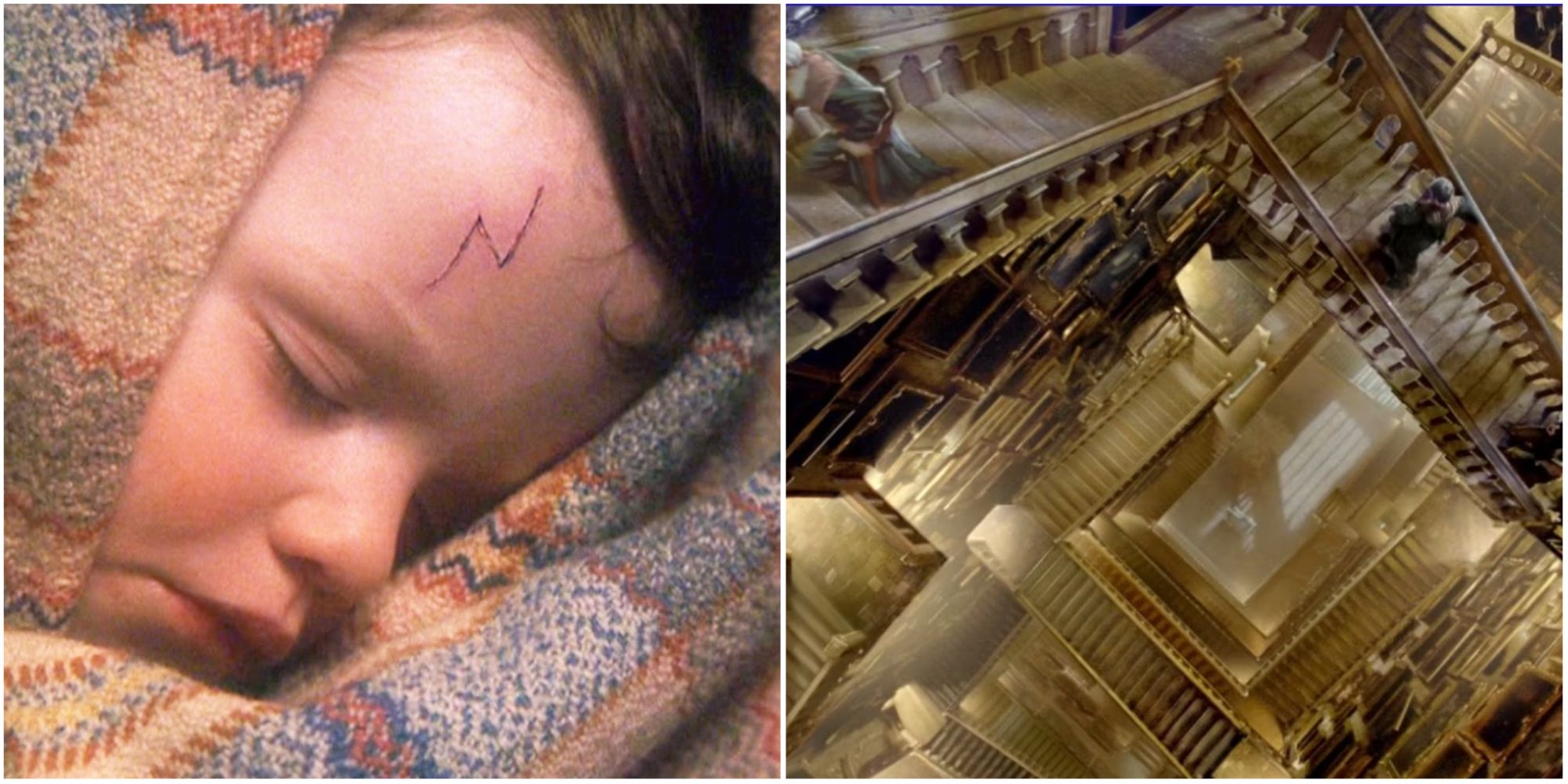
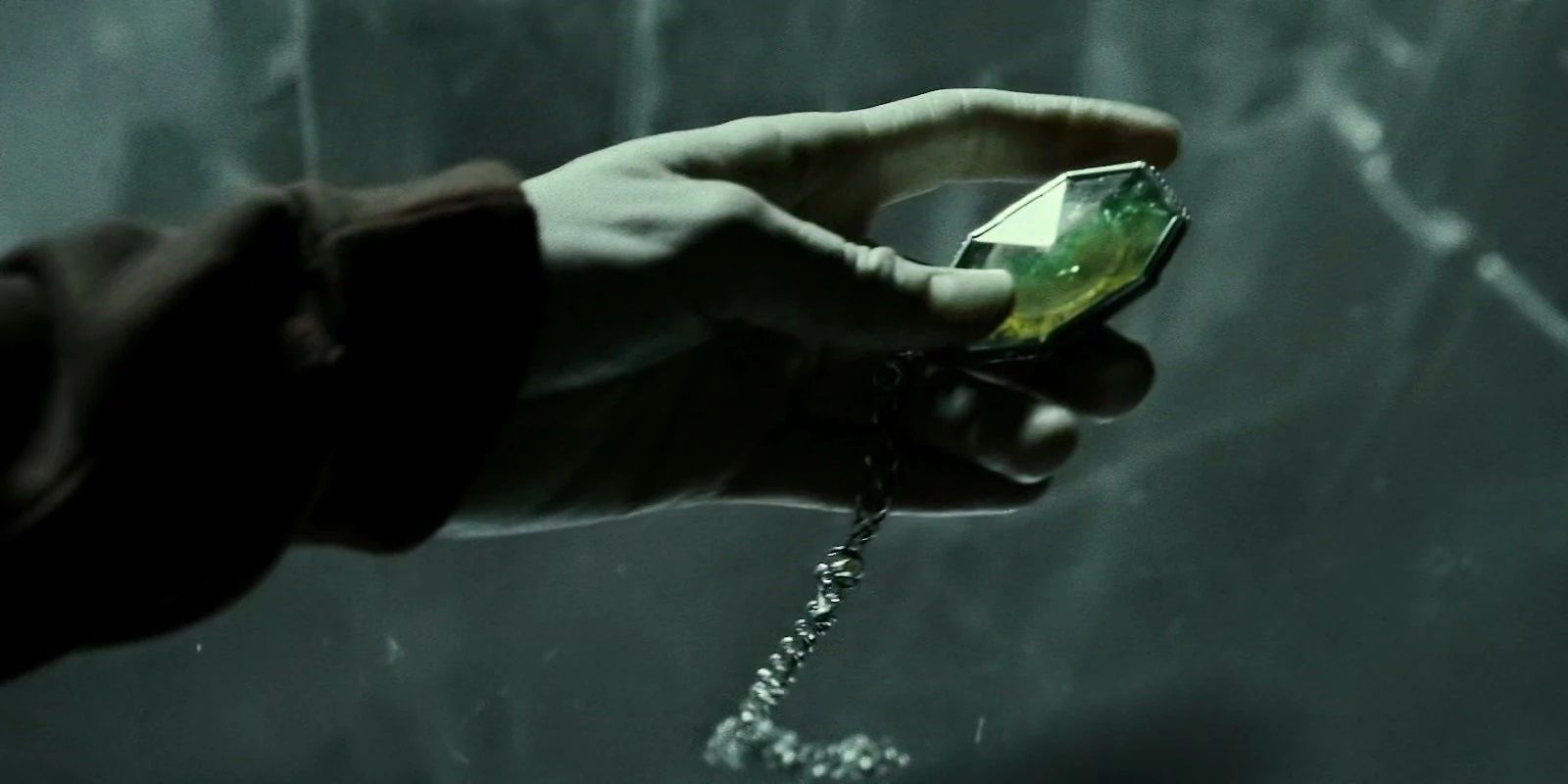
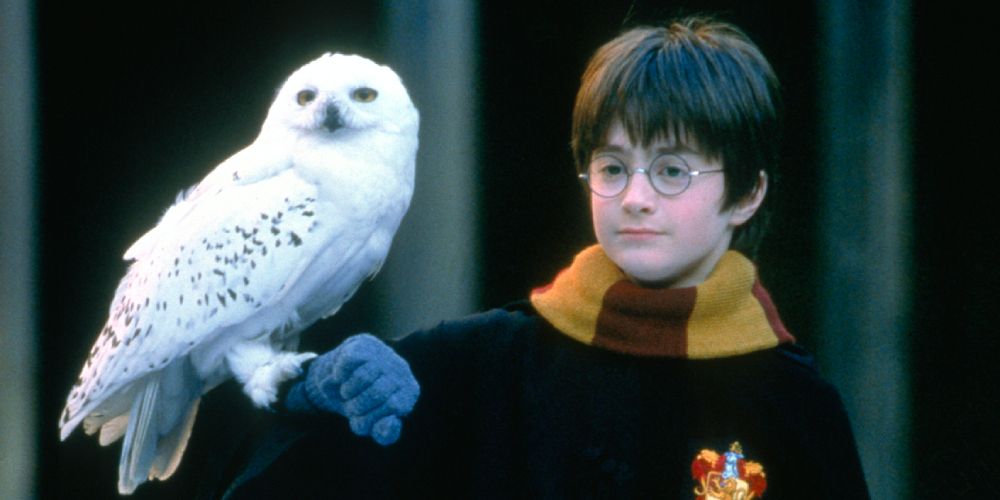
.jpg)
